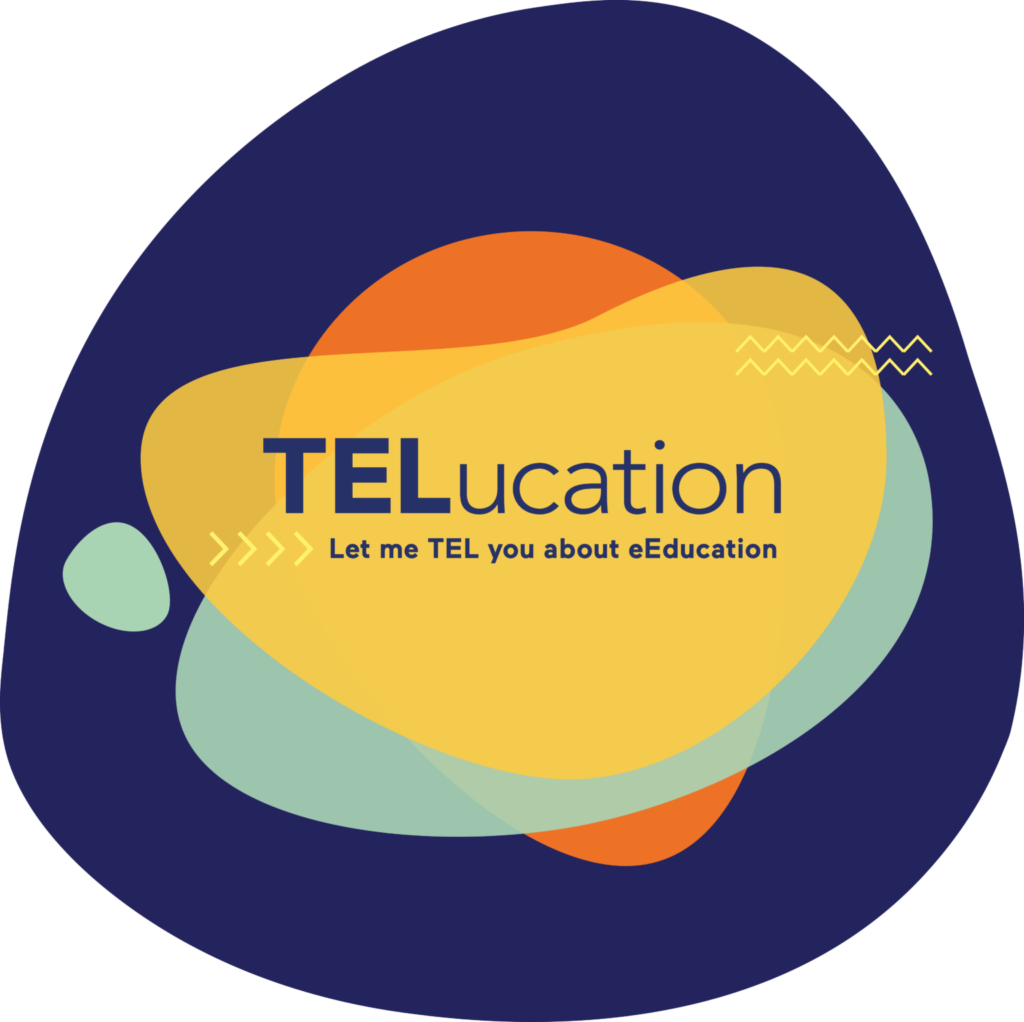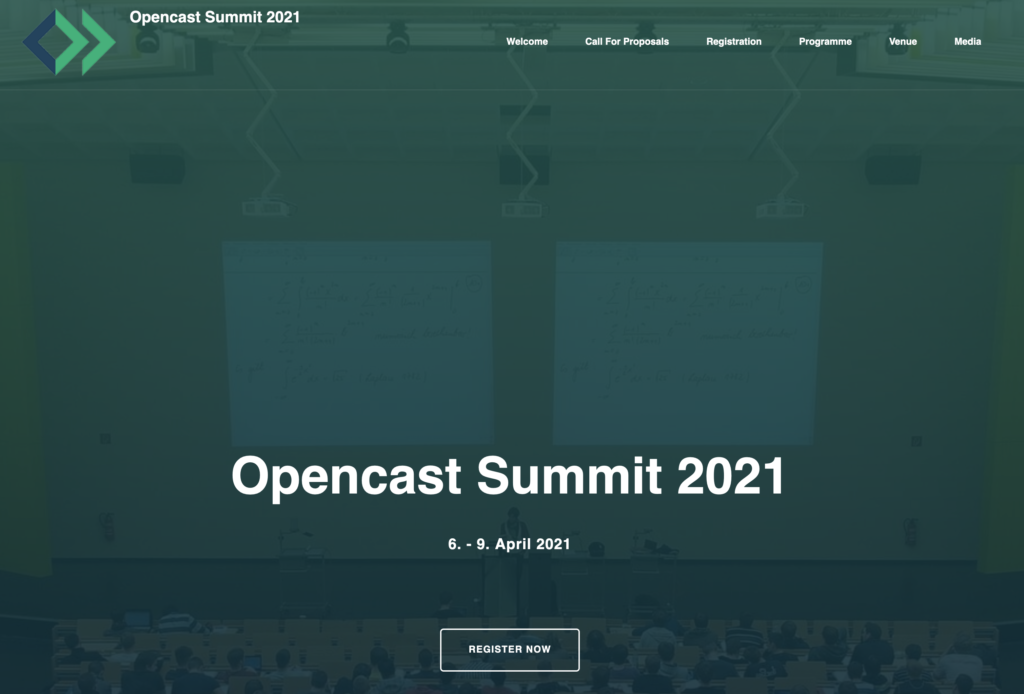 Issue 16(04) of our journal on emerging technologies for learning got published. Enjoy the readings as usual for free :-).
Issue 16(04) of our journal on emerging technologies for learning got published. Enjoy the readings as usual for free :-).
Table of Contents:
- The Case for a Cost-Effective General-Purpose Computer Cluster for Small Colleges
- A Conceptual Framework for Integrating Gamification in eLearning Systems Based on Instructional Design Model
- Developing Students’ Learning and Innovation Skills Using the Virtual Smart Classroom
- Education Between GovTech and Civic Tech
- Mobile and Web-Based Support in Overcoming Behavioral Difficulties of Adolescents
- „Start-Up“ in E-Learning Mode as a Basic Project of the Final Year of Entrepreneurship Education
- Portrait-Based Academic Performance Evaluation of College Students from the Perspective of Big Data
- Improving the Teaching Ability of Dance Major Courses
- Digitalization of Modern Education: Problems and Solutions
- Survey of Machine Learning Techniques for Student Profile Modeling
- Training Model and Quality of College Students in English Major
- Distance Learning of a Foreign Language – Necessity or Future
- Digital Competences in the Elderly and University Students: Didactic Interaction from the Use of Social Networks
- Cultivation Model for Autonomous Learning Ability of Japanese Majors
- Examining the Role of Engaging in Research Activities with Digital Technologies for Graduate Students’ Success
- Application of Blockchain Technology in Cultural and Creative Design and Education
- Implementing E-learning Training toward English Virtual Lecturers: The Process, Perspectives, Challenges and Solutions
- Modeling of a Smart University Social Network for the Development of Soft Skills in a Professional Environment (SUSN)
- Effects of Using Digital Tools on the Process of Memorization
Nevertheless, if you are interested to become a reviewer for the journal, please just contact me :-).


